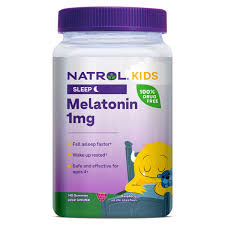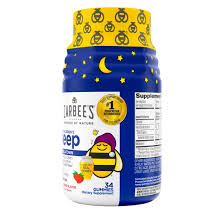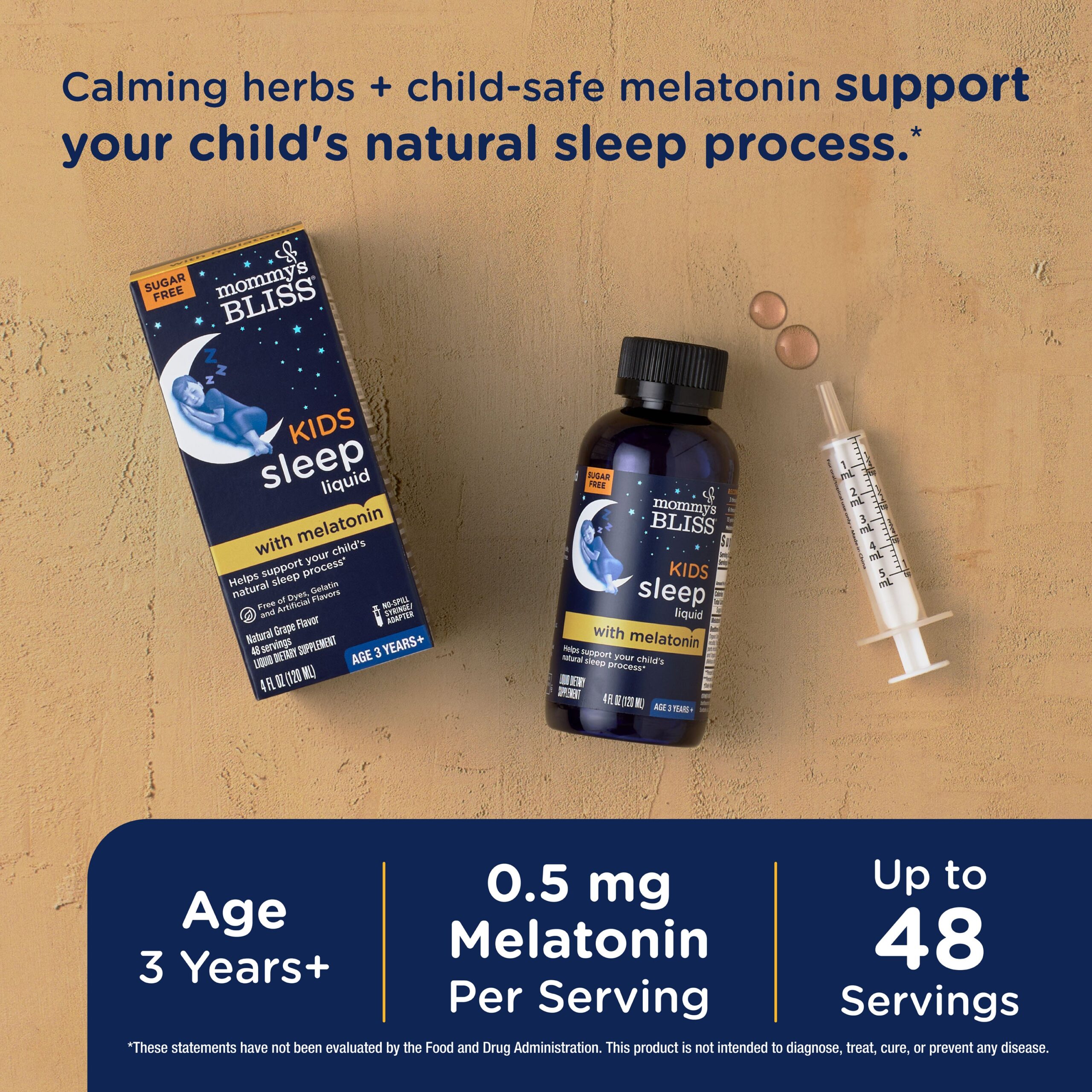The Benefits of Melatonin for Kids
Many parents are familiar with the challenges of getting their children to sleep, especially when bedtime routines become a nightly struggle. In such cases, melatonin supplements have increasingly become a popular option for parents seeking to help their kids establish healthy sleep patterns.
Melatonin is a hormone naturally produced by the body in response to darkness, signaling that it’s time to sleep. However, some children may have difficulty producing enough melatonin on their own, leading to issues with falling asleep and staying asleep throughout the night.
When used appropriately and under the guidance of a healthcare provider, melatonin supplements can be a safe and effective way to help regulate children’s sleep-wake cycles. It can be particularly beneficial for kids with conditions such as autism spectrum disorder, ADHD, or other developmental disorders that may disrupt their natural melatonin production.
It’s important for parents to understand that melatonin is not a cure-all solution for sleep issues in children. It should be used as part of a comprehensive approach to improving sleep hygiene, which includes establishing consistent bedtime routines, creating a calm sleep environment, and limiting screen time before bed.
Before giving your child melatonin supplements, it’s crucial to consult with your child’s pediatrician or healthcare provider to determine the appropriate dosage and ensure there are no underlying health concerns that may be contributing to their sleep difficulties.
In conclusion, melatonin can be a helpful tool in promoting healthy sleep habits for children when used responsibly and in conjunction with other strategies aimed at improving overall sleep quality. By working closely with healthcare professionals and implementing consistent bedtime routines, parents can support their children in getting the restful and rejuvenating sleep they need for optimal growth and development.
7 Common Questions About Melatonin Use for Children
- Is there an alternative to melatonin for kids?
- At what age can kids take melatonin?
- Why is melatonin not recommended for kids?
- Can melatonin affect a child’s behavior?
- Is it OK for a child to take melatonin every night?
- Is it safe to give my child melatonin?
- Is 1 mg of melatonin too much for a 2 year old?
Is there an alternative to melatonin for kids?
When considering alternatives to melatonin for kids, parents have several options to explore. One alternative is implementing healthy sleep hygiene practices, such as creating a consistent bedtime routine, ensuring a comfortable sleep environment, and limiting screen time before bed. Relaxation techniques like deep breathing exercises or gentle yoga poses can also help children unwind and prepare for sleep. Additionally, consulting with a pediatrician or healthcare provider can provide insights into other non-pharmacological approaches that may be suitable for addressing children’s sleep issues. It’s essential to explore these alternatives in conjunction with professional guidance to determine the most appropriate solution for improving children’s sleep quality.
At what age can kids take melatonin?
Parents often wonder about the appropriate age for kids to start taking melatonin supplements. While there is no specific age restriction for melatonin use, it is generally recommended to consult with a pediatrician or healthcare provider before giving melatonin to children. Healthcare professionals can provide guidance on whether melatonin is suitable for a child based on their individual health needs and sleep issues. It’s important to consider factors such as the child’s overall health, existing medical conditions, and any potential interactions with other medications before introducing melatonin into their routine. By seeking professional advice, parents can ensure that their child’s sleep needs are met safely and effectively.
Why is melatonin not recommended for kids?
Melatonin is not recommended for kids without proper medical guidance and supervision due to several reasons. First, the long-term effects of melatonin supplements on children’s developing bodies are not fully understood. Secondly, using melatonin as a quick fix for sleep issues in children may mask underlying problems that need to be addressed through behavioral or lifestyle changes. Additionally, incorrect dosages or misuse of melatonin can lead to potential side effects such as daytime drowsiness, headaches, and changes in mood. It’s essential for parents to consult with healthcare providers before considering melatonin for their children to ensure safe and appropriate use based on individual needs and circumstances.
Can melatonin affect a child’s behavior?
Melatonin is primarily used to help regulate the sleep-wake cycle in children and is generally considered safe when used as directed. However, some parents may wonder if melatonin can affect a child’s behavior. While melatonin itself is unlikely to directly cause significant changes in behavior, it’s essential to monitor how a child responds to the supplement. In rare cases, children may experience side effects such as daytime drowsiness, irritability, or vivid dreams. If you notice any concerning changes in your child’s behavior after starting melatonin, it’s important to consult with a healthcare provider to determine the best course of action.
Is it OK for a child to take melatonin every night?
It is a common question among parents whether it is safe for a child to take melatonin every night. While melatonin supplements are generally considered safe for short-term use, it is important to consult with a healthcare provider before establishing a nightly routine. Regular use of melatonin may lead to the body becoming less responsive to its natural production of the hormone, potentially affecting the child’s ability to fall asleep on their own. It is crucial to determine the appropriate dosage and duration of melatonin use based on the child’s individual needs and health status, under the guidance of a healthcare professional.
Is it safe to give my child melatonin?
When considering whether it is safe to give your child melatonin, it is essential to consult with your child’s healthcare provider for personalized guidance. While melatonin can be a helpful tool in addressing sleep issues in children when used appropriately and under professional supervision, it is crucial to determine the correct dosage and ensure there are no underlying health conditions that may be affected by its use. Working closely with a healthcare provider can help you make an informed decision about whether melatonin is a suitable option for your child and how best to incorporate it into their overall sleep routine for safe and effective results.
Is 1 mg of melatonin too much for a 2 year old?
When considering the appropriate dosage of melatonin for a 2-year-old child, it is essential to consult with a pediatrician or healthcare provider. The recommended dosage of melatonin for children can vary based on individual factors such as weight, age, and specific sleep issues. In general, 1 mg of melatonin may be considered too much for a 2-year-old, as younger children typically require lower doses to achieve the desired sleep benefits without potential side effects. It is crucial to follow professional medical advice and guidance to ensure the safe and effective use of melatonin for children.



